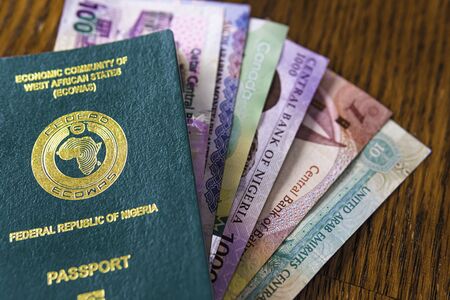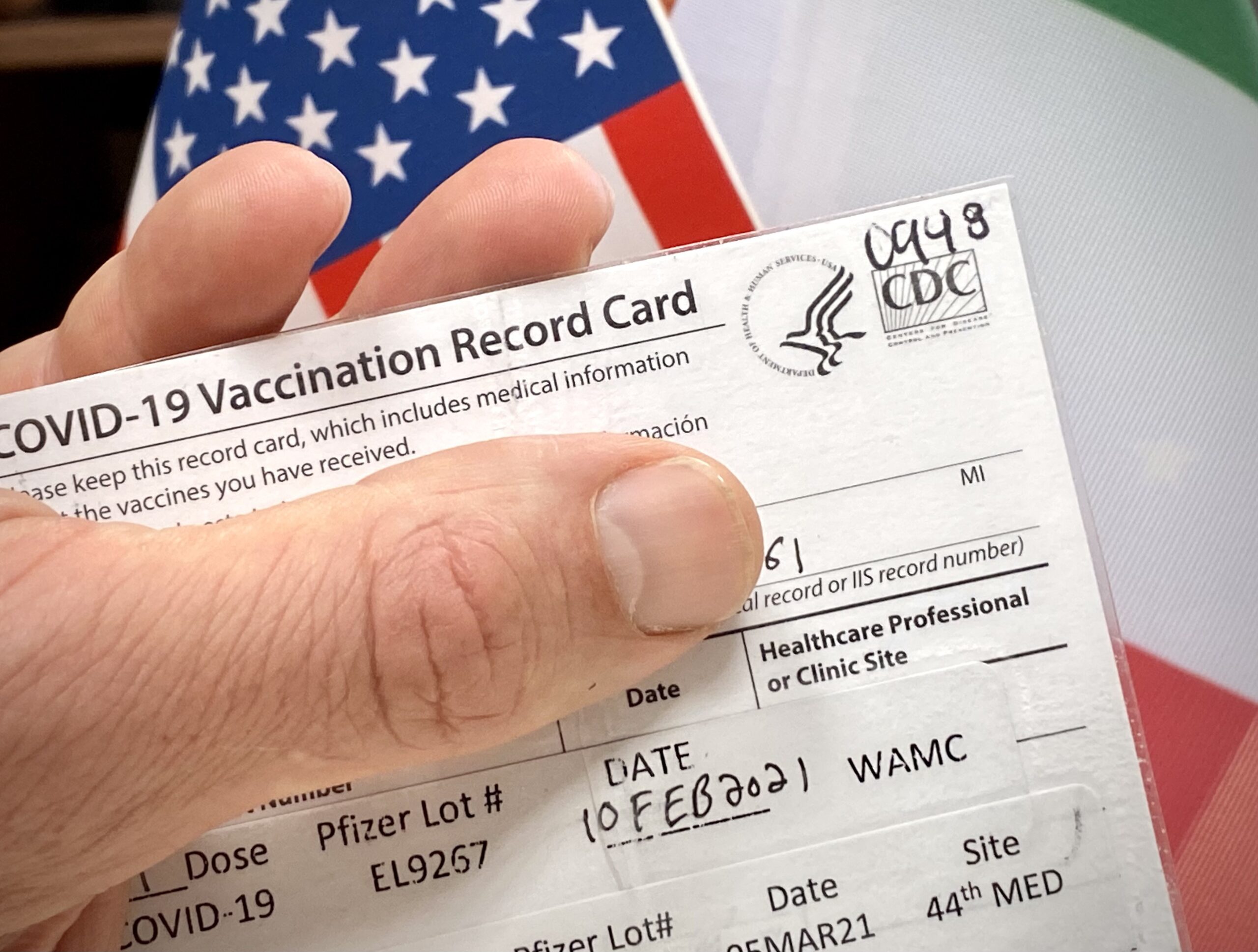Key Highlights
- USCIS no longer requires COVID-19 vaccination documentation on Form I-693.
- Applications won’t face denial or additional evidence requests for missing COVID-19 vaccine records.
- Previous COVID-19 vaccine mandates are officially waived and no longer enforced.
- The change is immediate and applies automatically, with no action needed for submitted applications.
- Other standard vaccination requirements for green card applicants remain in effect.
Table of Contents
Full Report!
On January 22, 2025, the United States Citizenship and Immigration Services (USCIS) made a major announcement: the COVID-19 vaccination requirement has officially been removed from its immigration medical examination guidelines.
This means that green card applicants are no longer required to prove they have received the COVID-19 vaccine as part of the Form I-693, Report of Immigration Medical Examination and Vaccination Record. For many applicants, including Nigerians, who may have faced challenges meeting this requirement, this is a welcome change.
Let’s explore what this means for Nigerians pursuing lawful permanent residence in the U.S.
No More COVID-19 Vaccine Requirement
Previously, under pandemic-era regulations, applicants for adjustment of status to permanent residence (green card) were required to provide evidence of COVID-19 vaccination. This was part of the broader health requirements outlined on Form I-693. Those who had religious or moral objections to the vaccine were required to apply for a waiver through Form I-601.
Now, thanks to the recent policy update:
- Applicants no longer need to include COVID-19 vaccine records with their medical examination form.
- USCIS will no longer issue Requests for Evidence (RFEs) or Notices of Intent to Deny (NOIDs) based on missing COVID-19 vaccine documentation.
- Applications will not be denied for lacking proof of COVID-19 vaccination.
This change gives green card applicants the freedom to decide whether or not to take the COVID-19 vaccine without impacting their immigration process.
Related Link: How Much is US Visa Fees Now?
What Does This Mean for the Immigration Medical Exam?
The immigration medical exam, a crucial part of the adjustment of status process, is still required. However, civil surgeons in the U.S. no longer need to verify COVID-19 vaccination status. If you’ve already been vaccinated, you don’t need to include that documentation.
Key updates include:
- Sections related to COVID-19 vaccination on Form I-693 can now be left blank.
- Applicants with prior COVID-19 vaccine documentation don’t need to submit it.
It’s important to note, though, that other standard vaccinations required for permanent residence applications remain mandatory. These include vaccines for diseases like measles, mumps, rubella (MMR), and others recommended by U.S. public health authorities.
What Nigerian Applicants Should Know
For Nigerians applying for adjustment of status while living in the U.S., the process remains straightforward. Here’s what you’ll need to do:
- Complete your Form I-485 (Application to Register Permanent Residence or Adjust Status).
- Schedule a medical examination with a USCIS-authorized civil surgeon in the U.S.
- Submit your completed medical exam, including vaccination records for non-COVID vaccines.
If you are applying for a green card from outside the U.S. (consular processing), note that the Department of Homeland Security (DHS) has not yet confirmed whether similar changes will apply for consular applicants. However, given the alignment between adjustment of status and consular processes, we expect DHS to issue updated guidance soon. Until then, consult with your panel physician regarding current vaccination requirements for consular interviews.
Why This Matters for Nigerians
Nigerians pursuing green cards often face additional logistical hurdles, including limited access to authorized medical facilities and vaccine distribution challenges. This new USCIS policy removes a significant barrier, especially for those who were previously concerned about complying with COVID-19 vaccine mandates due to personal, religious, or logistical reasons.
Additionally, the change reflects the U.S. government’s efforts to streamline the immigration process in response to updated public health guidelines.
Quick Tips for Nigerian Applicants
Here are a few things to keep in mind if you’re applying for a green card:
- If you’ve already submitted your application, no action is needed. The policy change is immediate and automatic.
- For those yet to apply, ensure that all other sections of the immigration medical examination are properly completed, including other vaccination requirements.
- Stay updated on any further announcements from DHS, especially if you are applying through consular processing.
Conclusion
This change is a relief for many Nigerians seeking permanent residence in the United States. The removal of the COVID-19 vaccine requirement not only reduces the burden on applicants but also reflects evolving global public health conditions.
If you’re a Nigerian planning to apply for a green card, now is a great time to begin your journey! Ensure that you meet all other requirements, and consult with an immigration attorney if you have any concerns about your application.
For more information about this new change, please click here.









